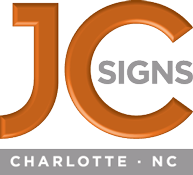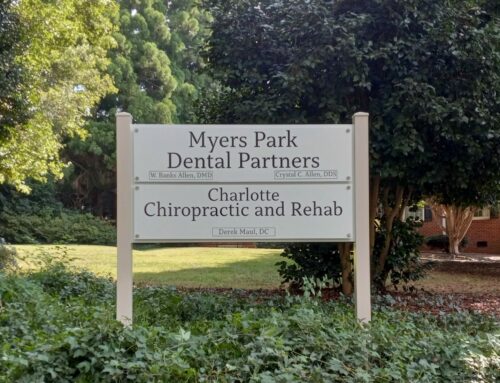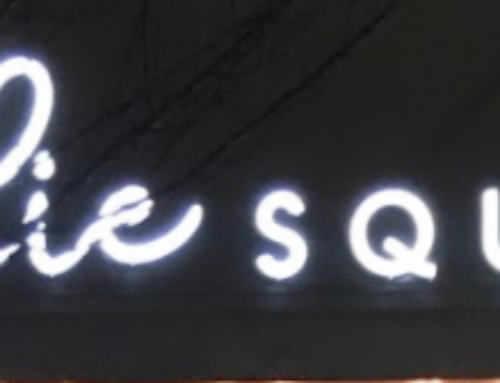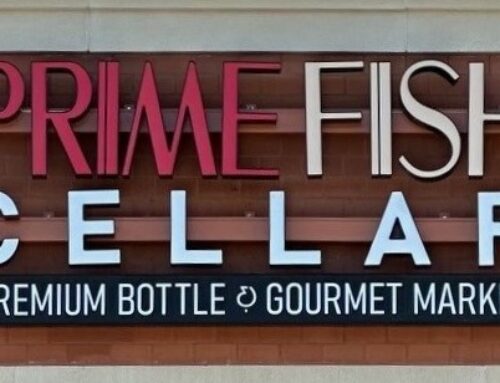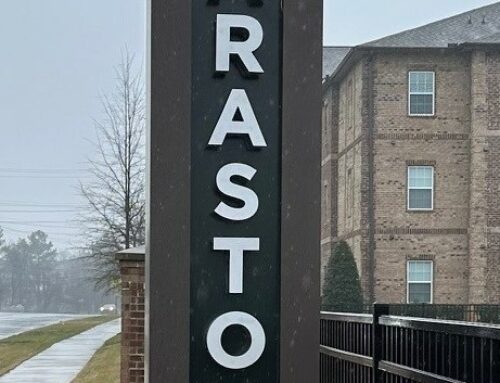Post and panel signs are used to show direction or give additional information on college campuses, parks, museums, and countless other areas where there is steady foot traffic. They can also be used to identify a single company or organization, often placed in the front of the building. In this case, the sign contains the company brand, address, and any other pertinent information. One of the biggest benefits to using post and panel signs is that they consolidate information. Rather than having multiple signs with varying information, these are able to hold everything in one spot. Plus they can be used as double-sided (when in a yard or lot), or one-sided (when placed in front of a building).
The framework of these signs is simple—a sign between two posts—but, what the sign says and how it says it can be involved. The following are a few necessary things to consider when using a post or panel sign:
Compliance
It is important that your sign is easy to recognize and understand by those with a wide range of visual limitations. This can be achieved by using contrasting colors and keeping the sign at eye-level height.
Durability
Post and panel signs can easily blend into any setting, inside or out. But regardless of where you place your sign, it is necessary to use one that can withstand being bumped and touched, and the worst of exterior elements. If using one inside, consider a high-grade plastic. Exterior, you might want to use metal or wood.
Relevancy
No one is impressed in seeing an outdated sign with a faded or overused color, or a font that doesn’t match the content. These signs often do the exact opposite of their purpose by detracting customers. Make sure that your sign’s primary color matches that of your building or surrounding area, as to not be too intrusive. Let the text and other markings stand out by using appropriate font size and style, and by incorporating colors that are soothing, yet eye-catching—for example, mixing orange and green or brown and pink together.
-Andrae Bergeron
